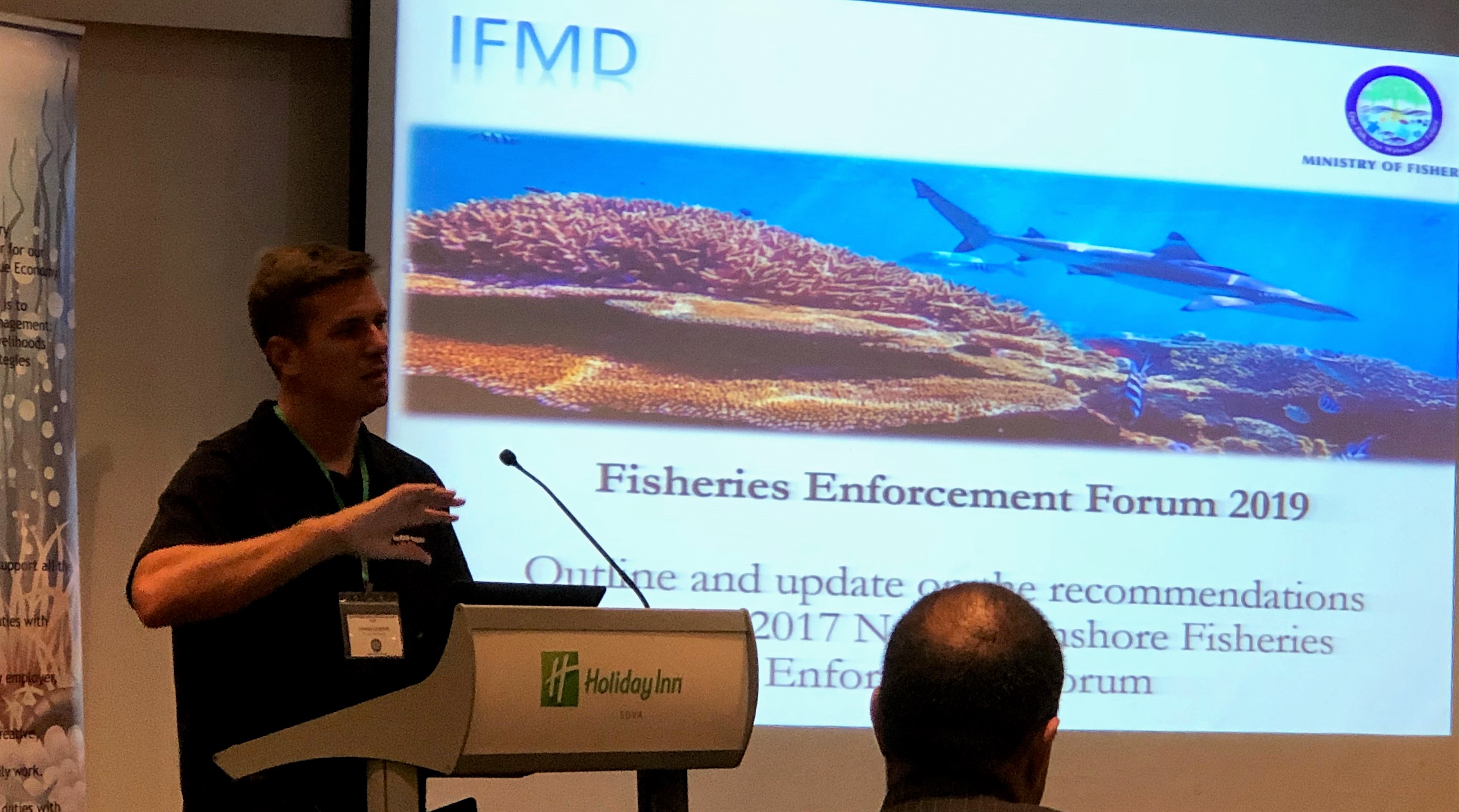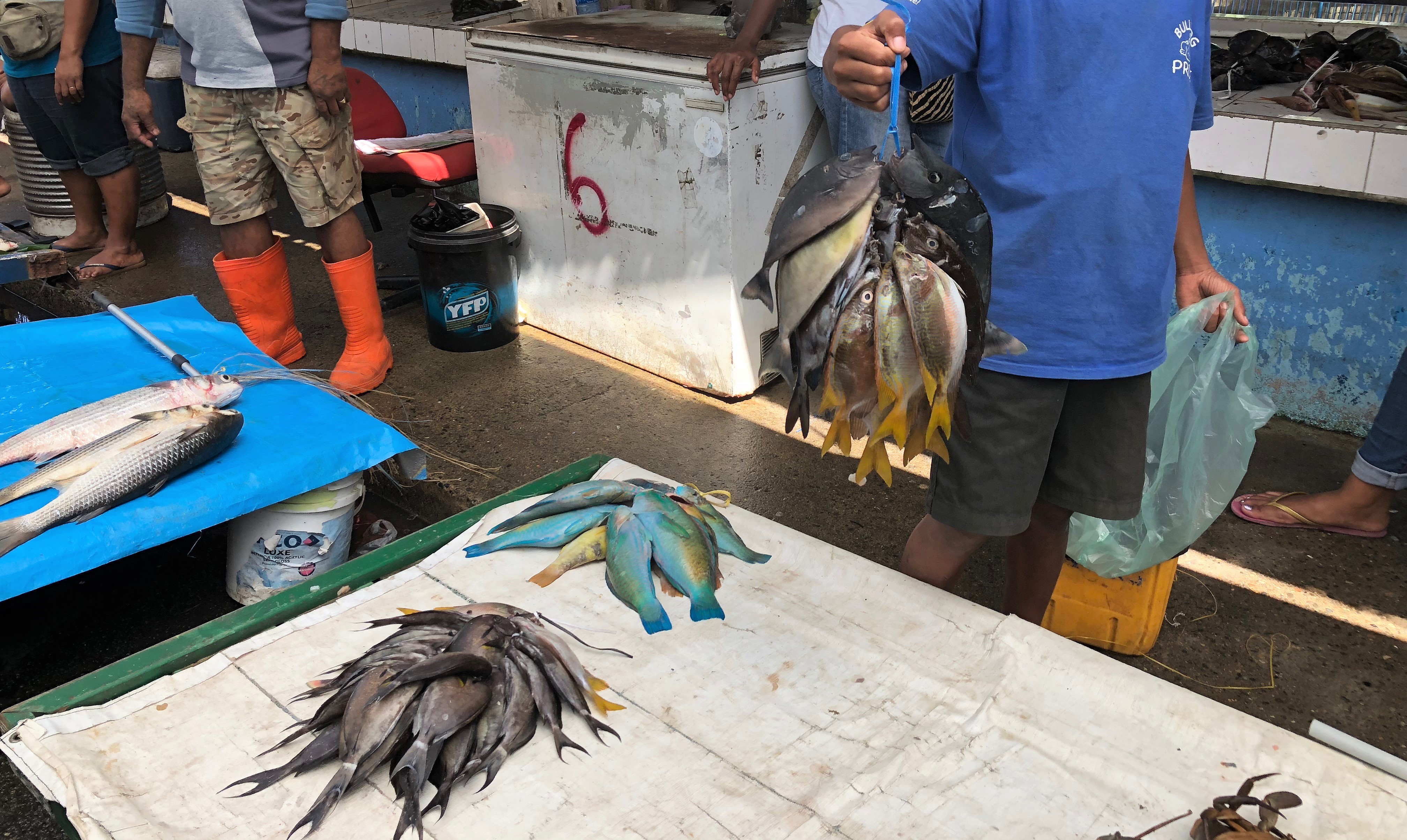Sharks that are alive and healthy in Fiji's oceans are worth a great deal of money to Fiji's economy. In 2012, the Pew Foundation calculated that shark diving alone generated US$42.2 million for Fiji's economy
Unfortunately, the unnecessary killing of sharks, whether intentional or as a result of an accidental bycatch, removes this opportunity and has adverse effects on marine ecosystems and Fiji’s tourism industry. It is vital, therefore, to provide protection for shark nurseries, and ensure Fiji has effective fisheries laws and initiatives for shark protection that are implemented.
Early this year, dead baby sharks hit the headlines when around 10 juvenile hammerhead sharks were found dumped in a culvert near Suva. These endangered animals may have been caught illegally in nets set across a nearby river mouth where scientists at the Marine School, USP have undertaken a detailed and celebrated study and found a significant and important breeding ground.
Fortunately, the newly created Inshore Fisheries Management Division (IFMD) within the Ministry of Fisheries is currently looking to strengthen a variety of fisheries laws and regulations and their implementation including, but not limited to, the laws that protect sharks. In this bulletin, we consider the existing relevant laws on netting around rivers and discuss additional measures to ensure that sharks are better protected. We also briefly consider other initiatives that are currently being led by the IFMD to make Fiji's inshore fisheries more sustainable for the benefit of all Fijians. For more information regarding other shark conservation measures in Fiji, please see our previous bulletin: “A Legal Policy Discussion of Shark Conservation in Fiji”.







